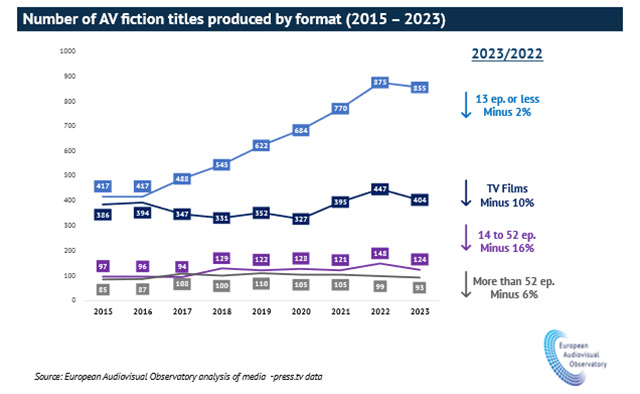Travel
EU delays Entry-Exit System rollout, considers ‘phased’ approach

The EU has once again delayed the rollout its new electronic border control system after Germany, France and the Netherlands warned the bloc’s central IT infrastructure is not ready.
The long-delayed Entry-Exit System (EES) had been due to launch on 10 November, however EU home affairs commissioner Ylva Johansson on Thursday confirmed the November date is “no longer on the table”, according to multiple reports.
In a meeting of EU interior ministers, Johansson said the commission does not yet have a new timeline for the start of EES, but that it is now considering “a phased approach… not a big bang of all border crossing points at the same time”.
The decision comes after Germany, France and the Netherlands last month expressed readiness concerns regarding a lack of testing of the system in the field.
A German government spokesperson this week told Reuters that the three countries were not ready because the “necessary stability and functionality of the EES central system to be provided by the EU agency EU-Lisa [which manages major IT infrastructure projects] is not yet in place”.
UK transport operators last month were also reportedly briefed by government officials to expect delays to the previously announced November rollout.
EES is a biometric system which will use digital photographs and fingerprints for registering travellers from non-EU countries, including the UK, when they cross the EU’s external border. It will apply to both short-stay visa holders and visa-exempt travellers.
Implementation of the system has suffered a series of delays in the last couple of years, largely due to technical problems. Earlier this year, London’s mayor Sadiq Khan warned the EES would cause “chaos” for passengers on Eurostar services due to a lack of readiness. The UK government has since committed to providing £10.5 million in funding to help prevent “excessive” queues at key borders.
EES is the first step towards the digitalisation of EU borders, and must be in force prior to the introduction of the ETIAS travel system for non-EU visitors, which is due to go live in the first half of 2025.
ETIAS will require visitors from 60 visa-free countries, including the UK, to obtain a new electronic travel authorisation to enter 30 European countries. The fee for ETIAS will be €7 for those aged 18 to 70 and it will be valid for three years.
Similarly, the UK’s own Electronic Travel Authorisation (ETA) scheme – which already applies to nationals of Bahrain, Kuwait, Oman, Qatar, Saudi Arabia and UAE – will be expanded in two phases next year and, by April 2025, will apply to all visitors currently not requiring a visa.










